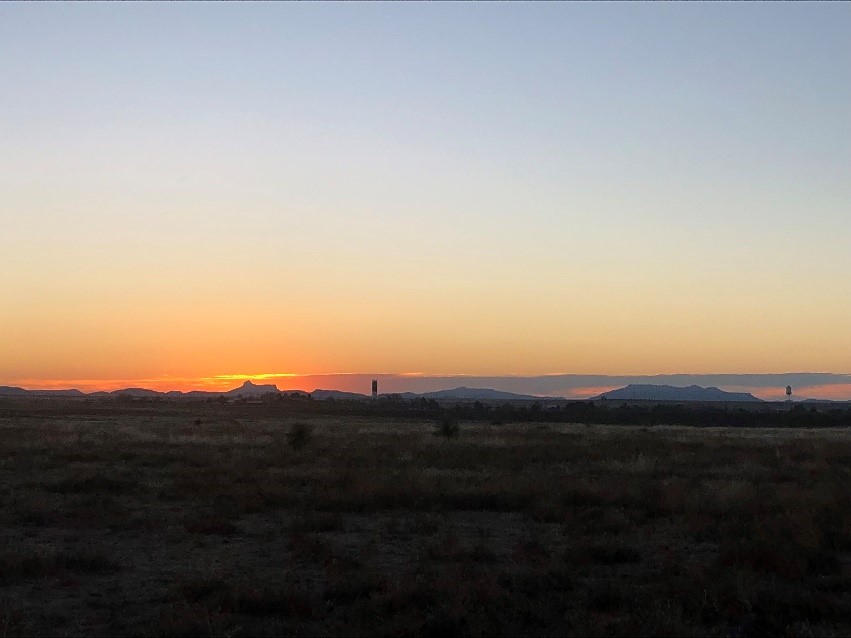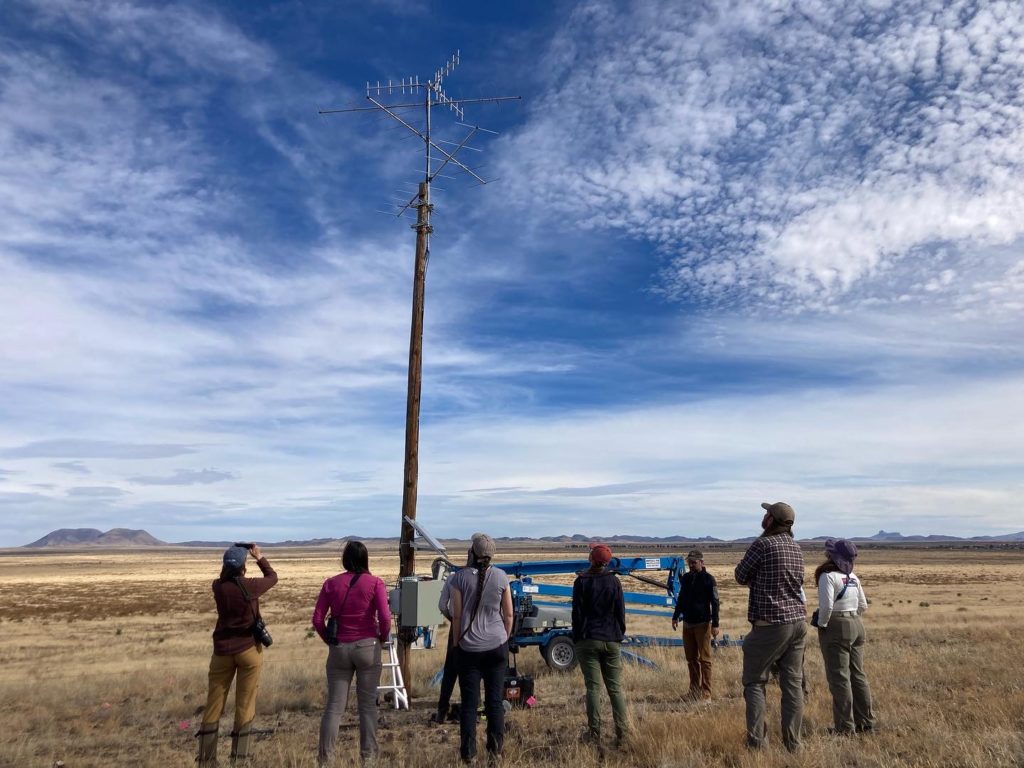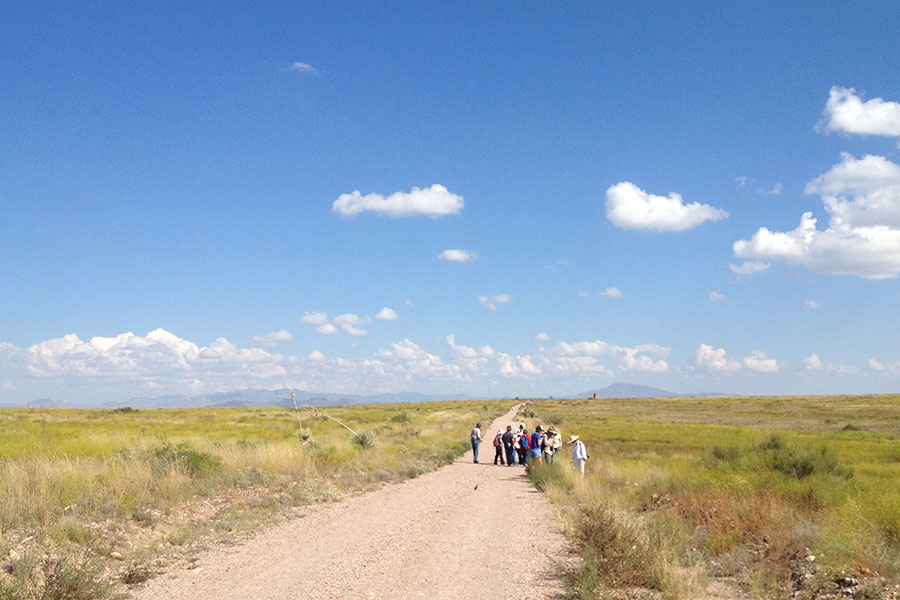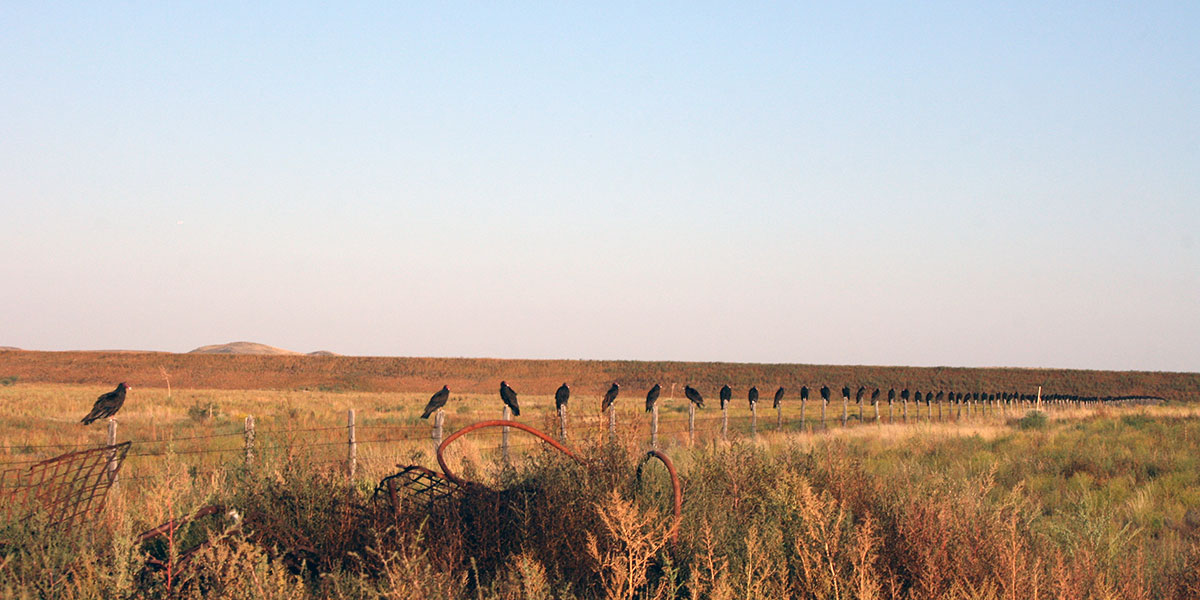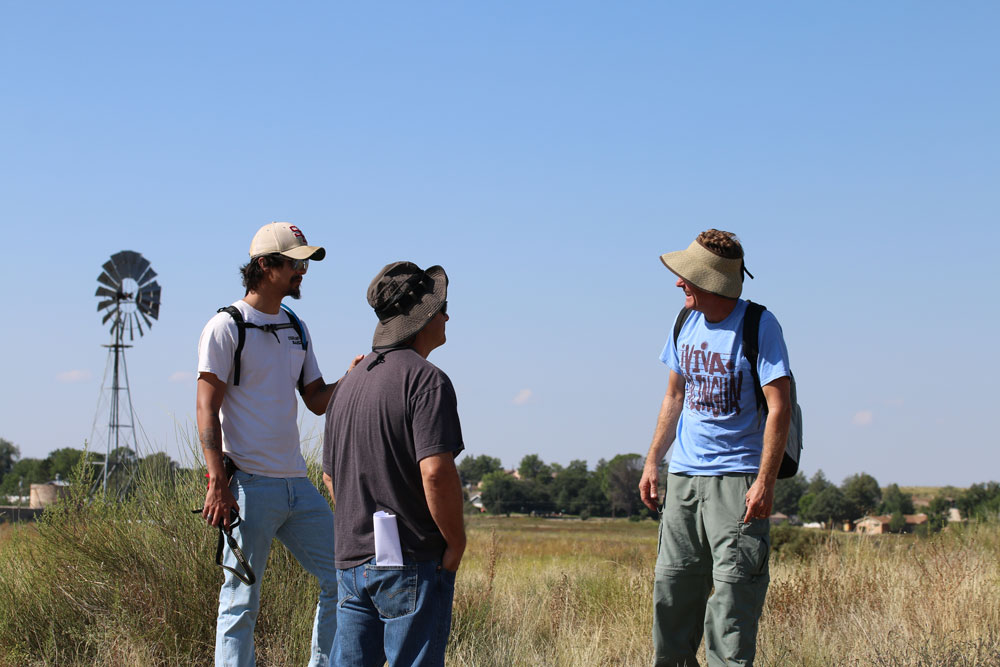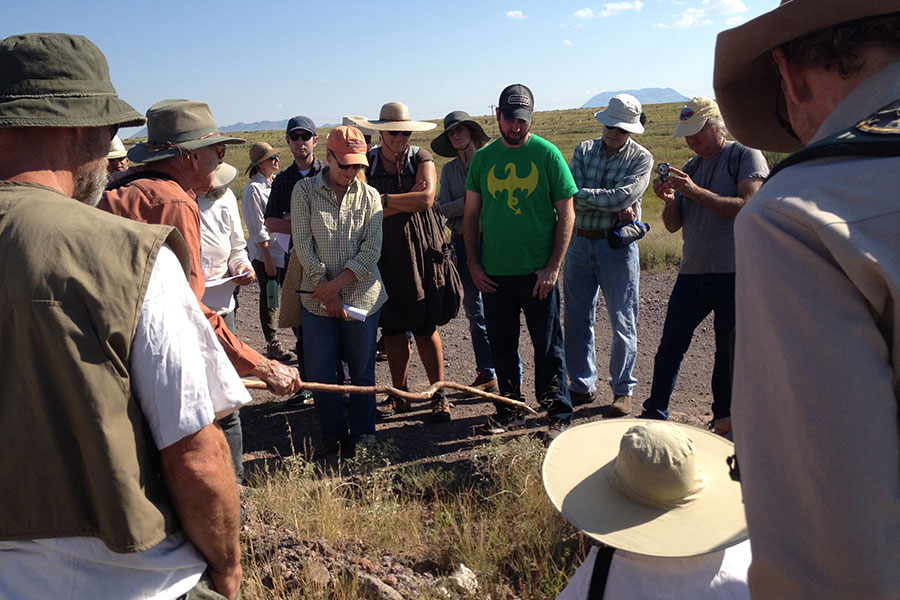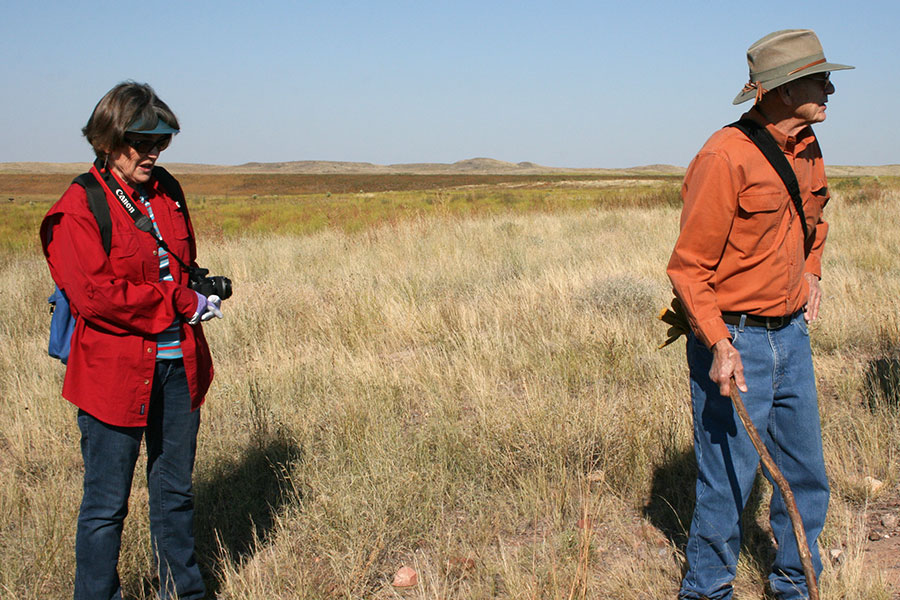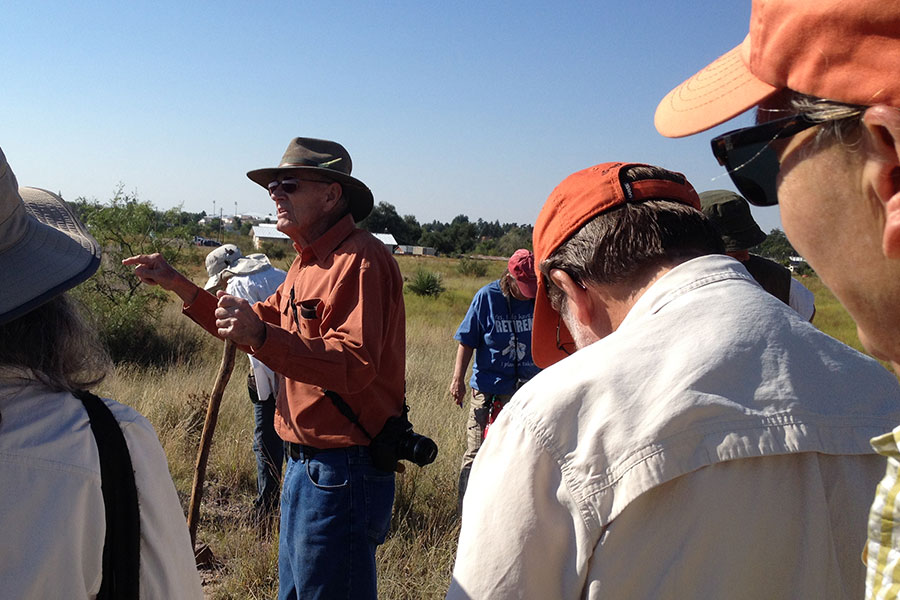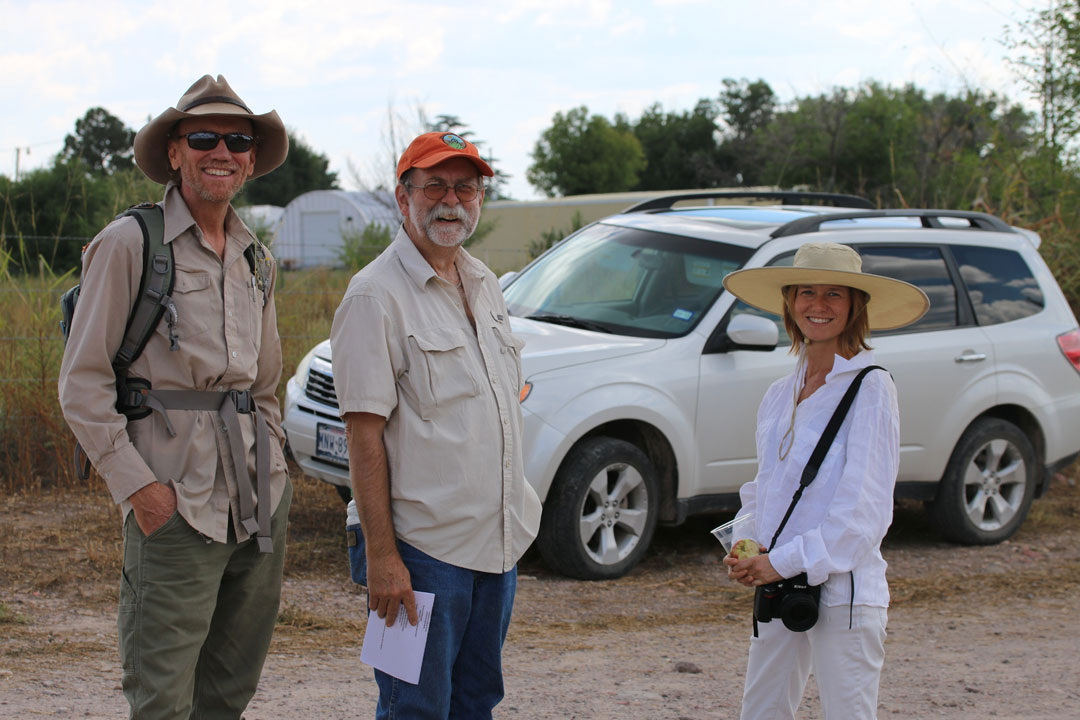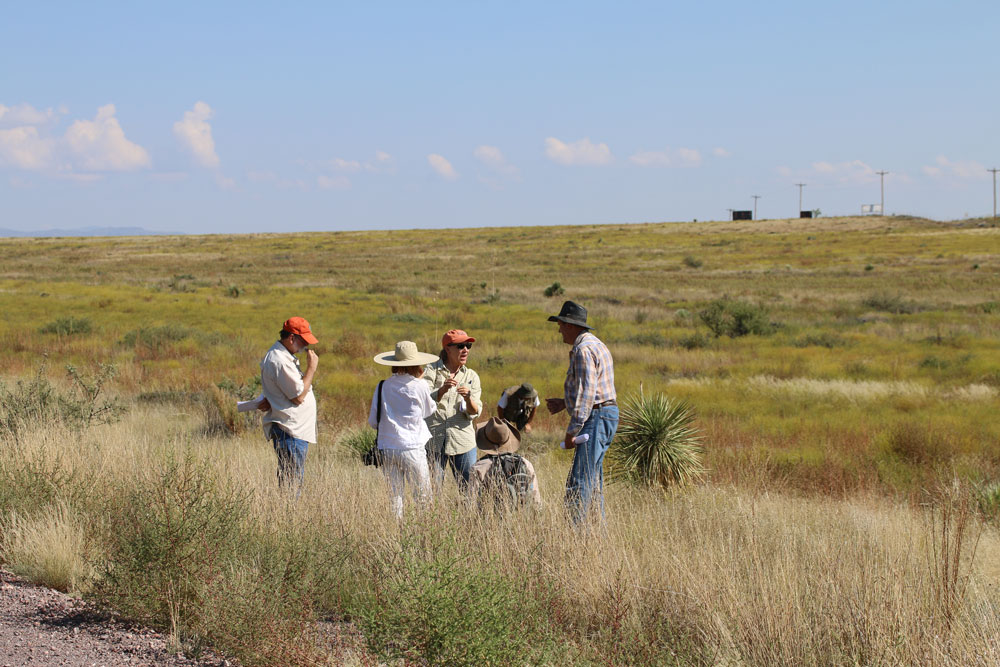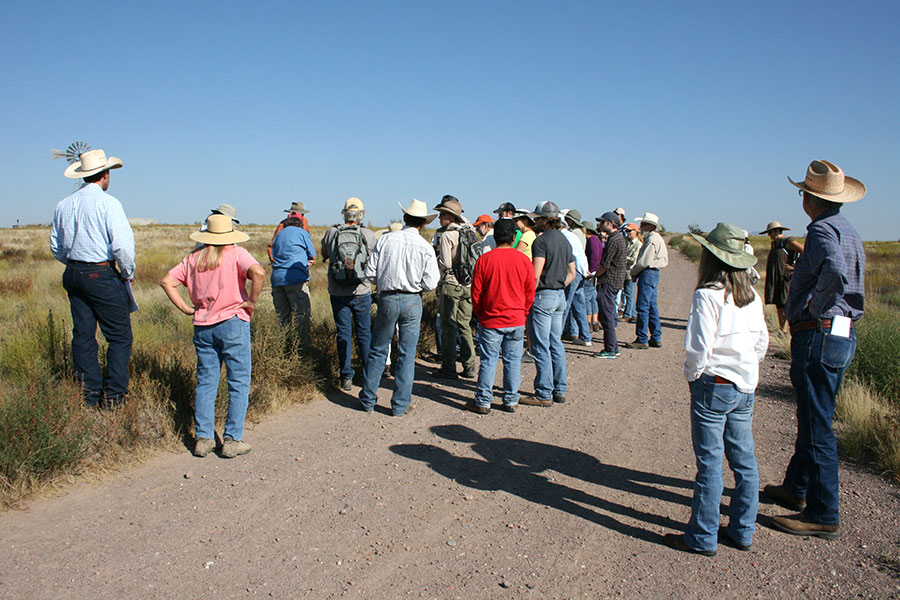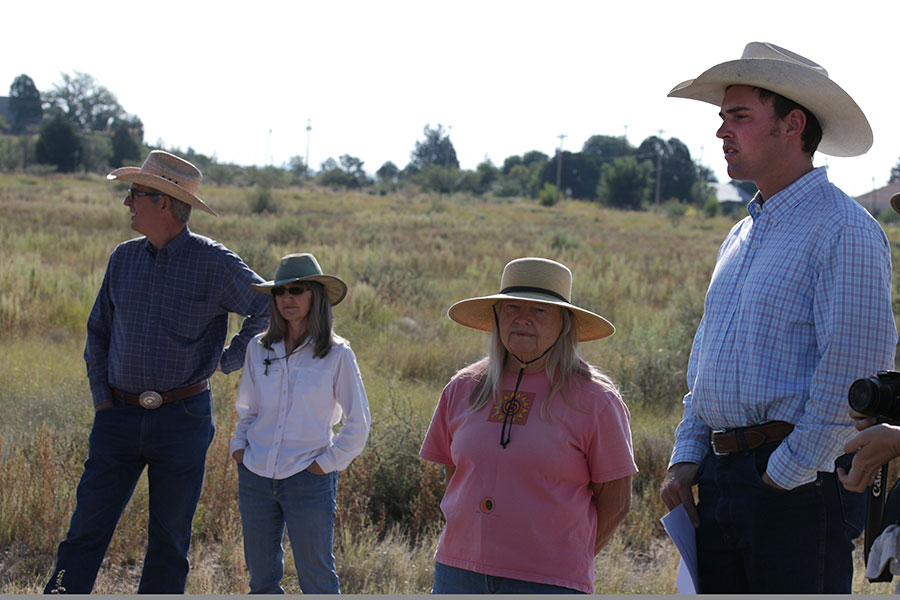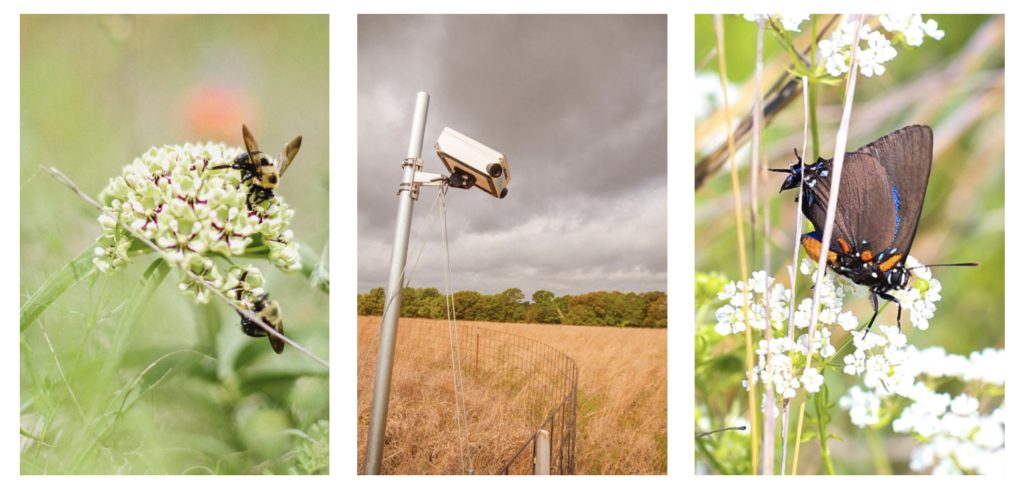
In the spring and summer of 2022, Dixon Water Foundation helped sponsor and host a project that utilized novel imaging technology to track prairie plant phenology. Phenology is the study of cyclic and seasonal natural phenomena, especially in relation to climate, plant and animal life. As phenology relates to plants, it refers to flowering and seeding.
This project, conducted by the Bontanical Research Institute of Texas, explored the use of time-lapse cameras and community science protocols to observe and analyze pollinator abundance and plant phenology within various pastures of Dixon’s Leo Unit in North Texas. By understanding when and where pollinators and resources important to pollinators were on the landscape throughout the year and considering this information when making a grazing plan, ranchers may be able to promote conservation of essential species and native prairie functionality.
See the results of the pilot study in the report linked here.
